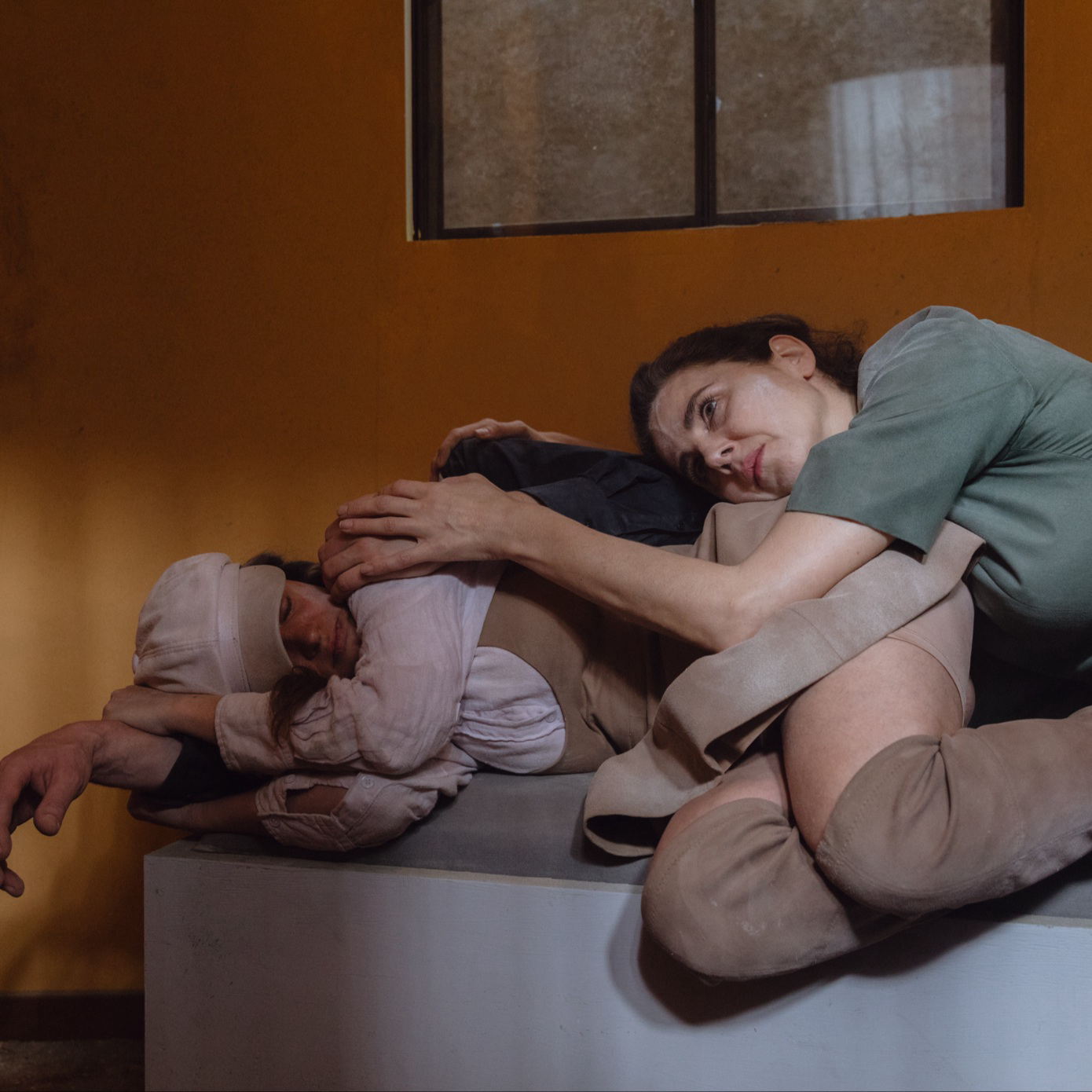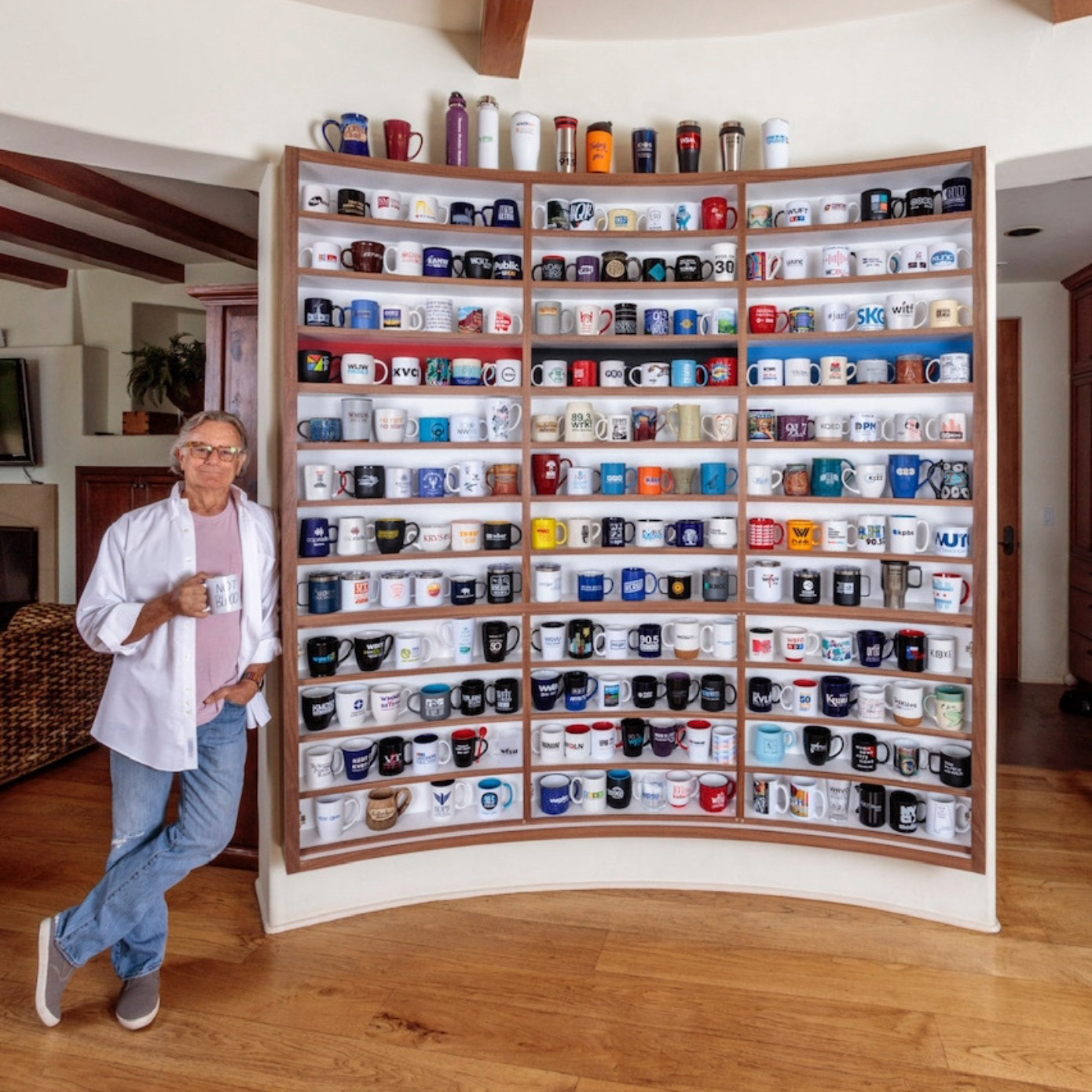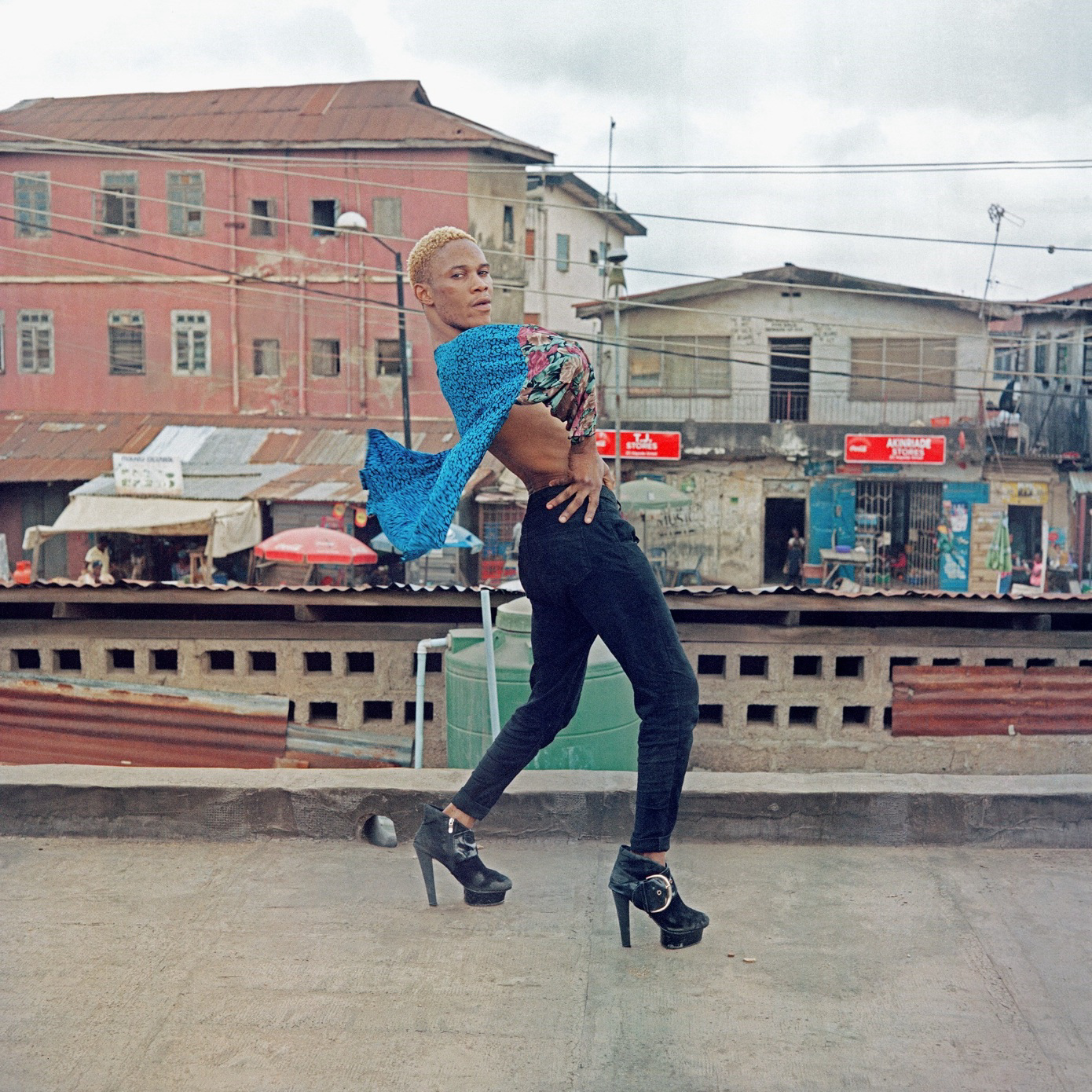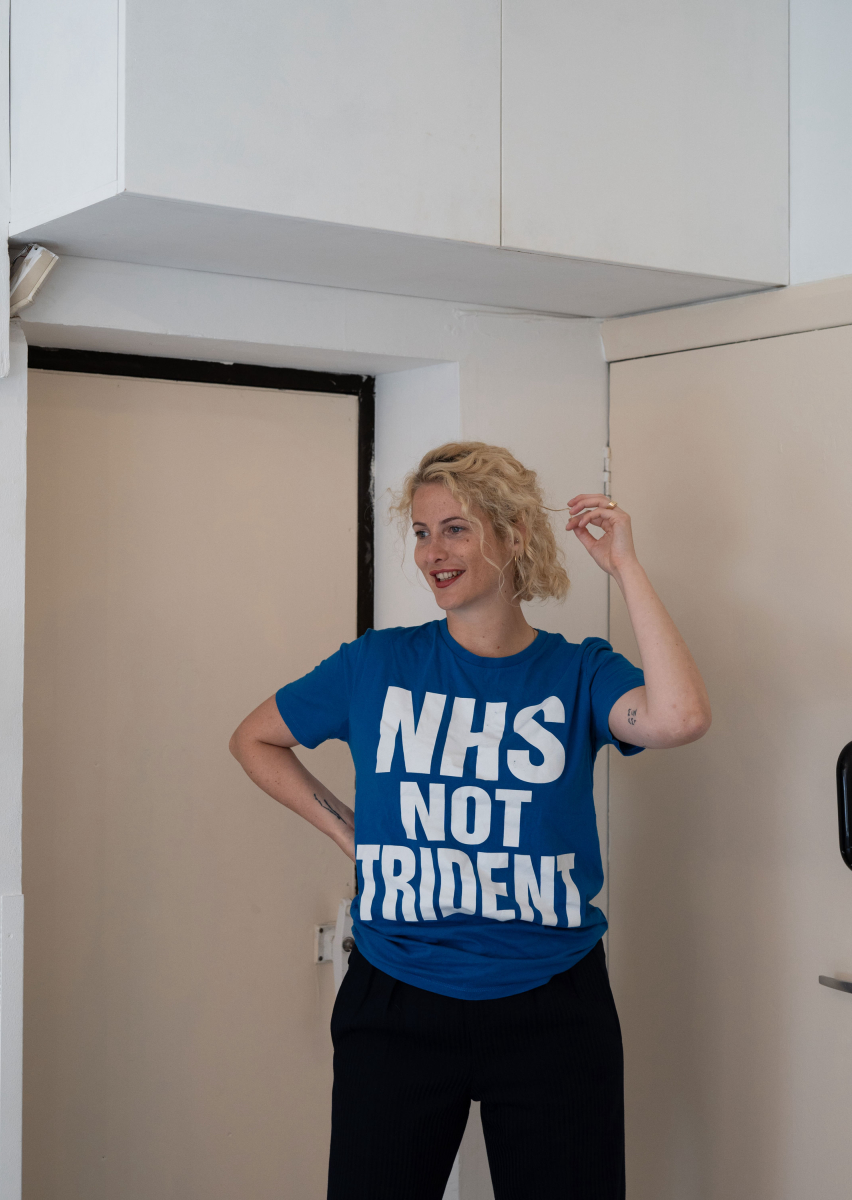
In 2011, London was preparing to host the 2012 Olympic Games and rents around the city soared as many attempted to cash in. This was right after the UK’s Conservative government announced austerity measures that dramatically cut public funding for the arts, causing a generation of young people hoping to work in the field to rethink their future plans. It was also around this time that Rózsa Farkas graduated from Central Saint Martins with a bachelor’s degree in fine art. But rather than start working on her practice, Farkas opened a project space in her longtime neighborhood of Peckham, South London. This was the first iteration of Arcadia Missa.
The global financial crisis, followed by the seismic jolt of austerity, instilled an anti-capitalist mentality in a generation that watched the cost of living drive their friends and family out of London. Questions about gentrification, wealth disparity, power structures and feminism became urgent and daily topics of conversation, and Arcadia Missa opened its doors to host such talks, turning the gallery into a forum.
As we sit on the fire escape of the West End building where Farkas now runs Arcadia Missa as a commercial gallery, she muses on the journey that has taken her to this point. “It was a reaction to austerity,” Farkas explains. “I was left with a desire to do something different.”
Through Arcadia Missa, Farkas has facilitated the general disquiet of her peers amidst the erosion of public services. She has provided a platform to artists of color, queer artists and artists without formal training. And since its inception, the space has both exhibited and published work by artists dealing with gender, LGBTQ rights and identity politics. “The collective voice you can harness through a publication—which generally doesn’t come across in a gallery program or press release—is a great thing,” says Farkas.
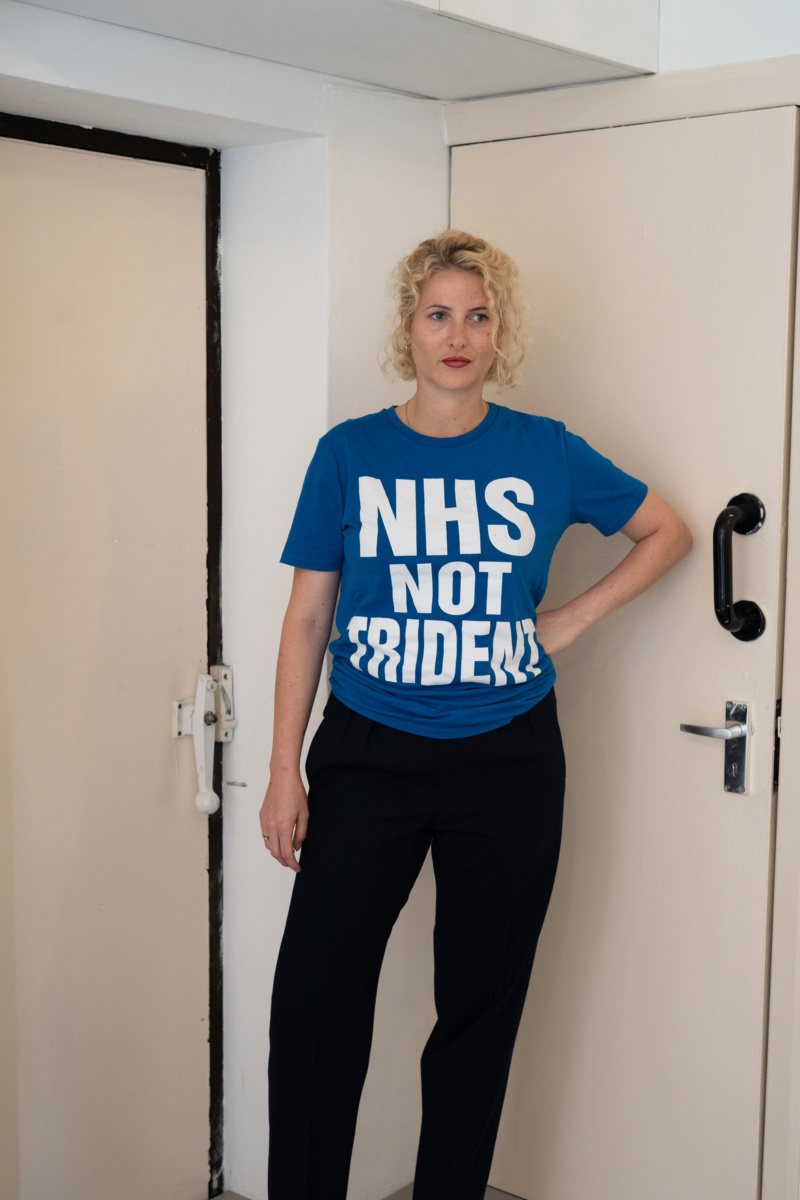
As artists exhibiting in the nonprofit project space began to gain traction and were approached by London galleries, they turned to Farkas, encouraging her to develop a method to represent them commercially. Then, a few months after being given a free project booth at START Art Fair in London, Farkas gained the confidence to turn Arcadia Missa into a commercial operation in late 2014. “How these artists were carrying out their practices became a form of institutional critique,” she says. “It was not only what the work was about, but it was also about having a physical space to show work that has been validated by peers rather than by an institution.” Take, for example, Amalia Ulman, who gained a significant following through her Instagram series Excellences & Perfections, for which she went blonde and faked a breast augmentation in a satirization of the social media trend of women posting highly stylized pictures of themselves to project a narrative of wealth and success.
Ulman’s Excellences & Perfections was ahead of its time when it was made in 2014 and is now seen as a contemporary masterpiece. Since then Ulman has steadily built on that success and has had shows around the globe, including one last spring at the KWM Art Center in Beijing. And Farkas, who has worked with Ulman since the start of her career—the two overlapped at Central Saint Martins—has successfully shepherded her through the difficult journey from hyped art star to globally recognized artist.
Farkas also works with academic and dominatrix Reba Maybury, and Hamishi Farah, who responded to Dana Schutz’s scandalous Emmett Till painting by painting a portrait of Schutz’s son. Artists and collaborators Hannah Quinlan and Rosie Hastings’s multidisciplinary practice tackles gentrification—in particular, their video archive work UK Gay Bar Directory, which documents the closure of gay bars in London. The two were drawn to Farkas because they felt that she represented their values. “We wanted our professional practice to be in line with what we are making art about,” they explain. “Farkas took an interest in pursuing a method of working through which our practice could develop, rather than just getting us in the market and inflating the value of our work.”

